
How Long Does it Take to Beat Only Up?
Only Up! released on May 24. Here's how long it might take for you to beat the game.
2023-06-23 04:51
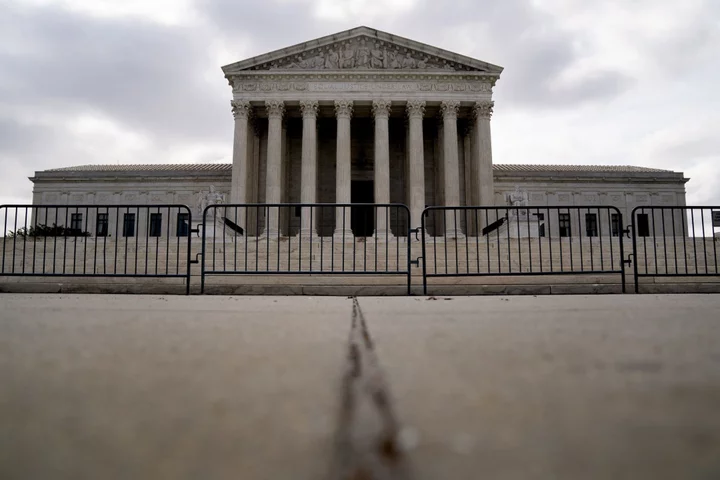
The Supreme Court Just Handed Google and Twitter a New Line of Defense
The US Supreme Court handed social media companies a new line of defense as they face an increasing
2023-05-19 04:48

Kai Cenat's 'first time drinking' during livestream goes viral, Internet says 'historical moment'
Kai Cenat took the bottle for a second sip and astonished his fans with a spirited dance, exclaiming, 'One more shot, one more shot'
2023-09-10 18:28

Twitter's API keeps breaking, even for developers paying $42,000
Twitter's new API may now cost tens of thousands of dollars per month, but the
2023-06-30 06:26
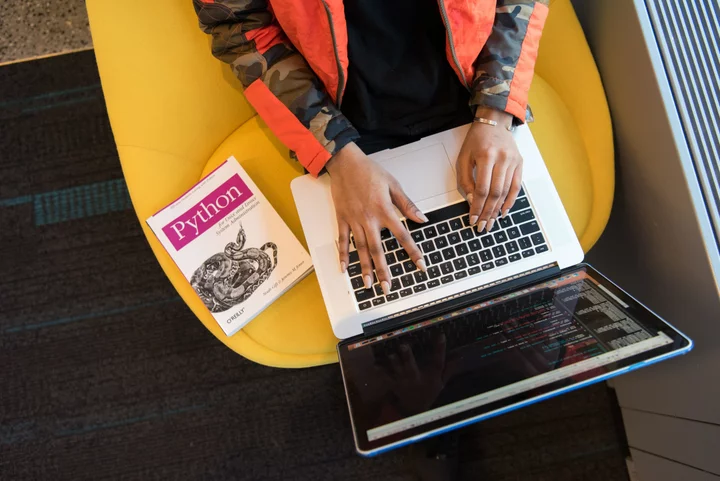
10 of the best Python courses you can take online for free
TL;DR: Find a wide range of free Python courses on Udemy. Learn at your own
2023-07-06 12:23
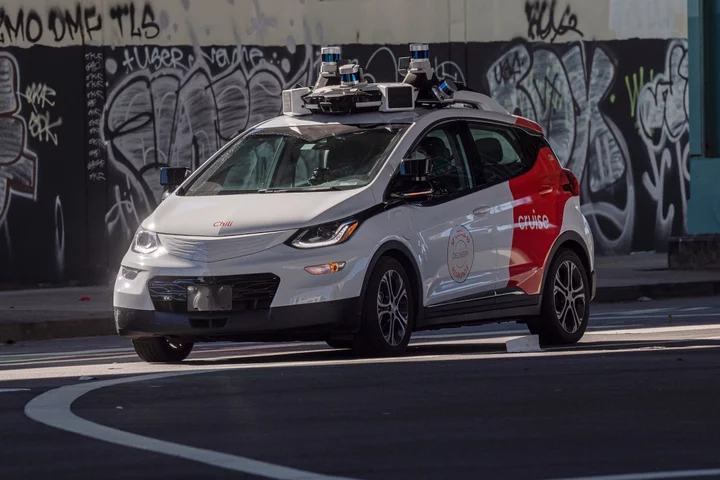
GM’s Cruise to Expand Robotaxi Service to Dallas and Houston
Cruise, the self-driving vehicle unit majority owned by General Motors Co., plans to expand its robotaxi service to
2023-05-11 00:55

MeUndies Just Released New Barbie and ‘Shark Week’-Themed Collections—and You’re Gonna Need a Bigger Drawer
Whether you’re obsessed with Barbie or you just really love sharks, these new limited-edition collections from MeUndies can make your summer even more fun.
2023-07-26 21:18

Renesas Develops Complete Power Management Solution for AMD Space-Grade Versal Adaptive SoC
TOKYO--(BUSINESS WIRE)--Jul 19, 2023--
2023-07-19 23:47

MMA fighter Dillon Danis subject to restraining order after posting NSFW videos of Logan Paul's fiance Nina Agdal
The tension between Nina Agdal, 31, and Danis has been building for weeks after Danis' upcoming fight with her fiancee, Logan Paul, was announced
2023-09-09 19:28

Google at 25: CEO says he wants to make people ‘shrug’ and reveals importance of lobsters to search engine
Google hopes that people in decades to come “shrug” at the technology it is working on, according to its chief executive. Sundar Pichai, the boss of both Google and parent company Alphabet, revealed the importance of making technology go from “extraordinary to ordinary” in a memo to staff written to celebrate the company’s 25th anniversary. Traditionally, Google celebrates its birthday on 27 September, for largely arbitrary reasons. The company undertook a number of firsts through the summer and autumn of 1998, meaning that it has a range of options to choose as its official launch date. This year, however, Google appears to be celebrating throughout the whole month. Mr Pichai’s note was intended as a way of kicking off those celebrations, according to an editor’s note attached to it. Mr Pichai said that it is a “huge privilege to reach this milestone, made possible by the people who use our products and challenge us to keep innovating, the hundreds of thousands of Googlers past and present who have given their talents to building those products, and our partners who believe in our mission as much as we do”. And he looked forward to the future technology that the company is building, which revolves largely around artificial intelligence. But it hopes that those technologies become normal, Mr Pichai said. “Ideas my dad marveled at as science fiction — taking a call from your watch, or telling your car to play your favorite song — make my children shrug,” he wrote. “Those shrugs give me great hope for the future. They set a high bar for what the next generation will build and invent... and I can’t wait to see what will make their children shrug, too. “An essential truth of innovation is that the moment you push the boundary of a technology, it soon goes from extraordinary to ordinary. That’s why Google has never taken our success for granted.” Concluding the note, he said that he hoped that the contested questions of artificial intelligence will eventually elicit the same kind of response. He noted that the technology has undergone sustained questioning and criticism in recent months, but indicated that he hopes it becomes ordinary in the same way. “As these new frontiers come into view, we have a renewed invitation to act boldly and responsibly to improve as many lives as possible, and to keep asking those big questions,” he wrote. “Our search for answers will drive extraordinary technology progress over the next 25 years. “And in 2048, if, somewhere in the world, a teenager looks at all we’ve built with AI and shrugs, we’ll know we succeeded. And then we’ll get back to work.” He also revealed the importance of lobsters to Google. The first company to use its advertising platform was a “mail-order business selling lobsters”, he said – and that platform has since gone on to contribute the vast majority of Google’s revenues. Read More Why is Elon Musk obsessed with the letter X? Elon Musk ‘borrowed $1bn from SpaceX’ at same time as Twitter acquisition Sonos releases Move 2, its chunky speaker for the outdoors Why is Elon Musk obsessed with the letter X? Elon Musk ‘borrowed $1bn from SpaceX’ at same time as Twitter acquisition Sonos releases Move 2, its chunky speaker for the outdoors
2023-09-07 00:54

Artificial Intelligence Companies Hunt for San Francisco Offices
Hive, an artificial intelligence company, is subleasing three floors of a downtown San Francisco office, a sign of
2023-07-01 01:57
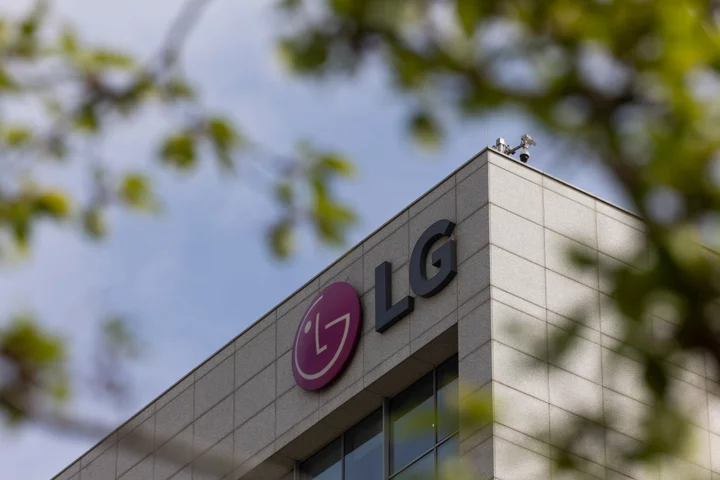
South Korea’s LG Unveils AI Software for Use Across Its Units
South Korea’s LG Group introduced an upgraded version of its artificial intelligence software, and demonstrated how it can
2023-07-19 13:27
You Might Like...
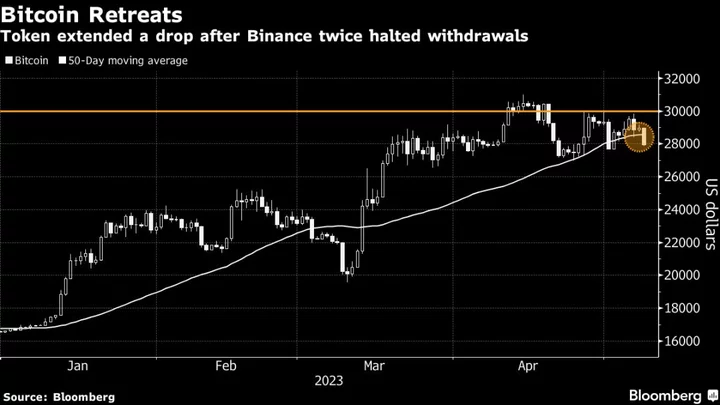
Bitcoin Based-Memecoin Surge Seen Driving Binance Anxiety
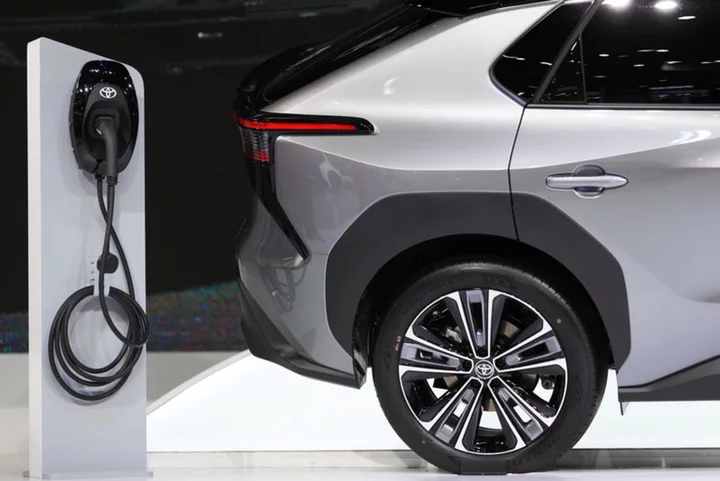
Toyota unveils sweeping plans for new battery tech, EV innovation

EA Sports FC 24 Pre-Season Week 1: How to Complete Join the Club and Get Free Packs
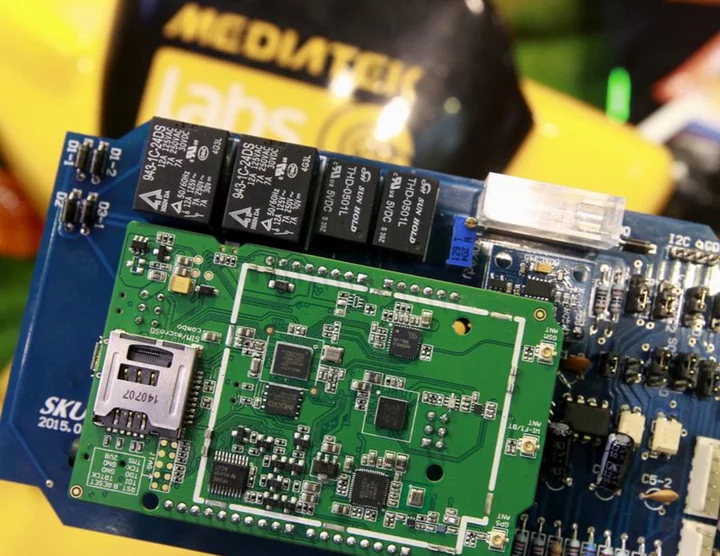
Arm rolls out new smartphone tech and MediaTek signs up to use
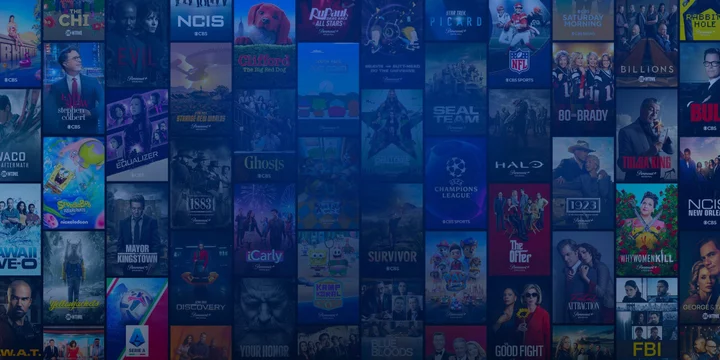
Annual Paramount+ plans (including the Showtime bundle) are 50% off

When Does Vampire Survivors Come to Switch?

Fintech Company Ballerine Announces $5 Million Seed Funding to Deliver Open-Source Risk Decisioning Platform

The Witcher 3: The Wild Hunt shits more than 50 million copies
